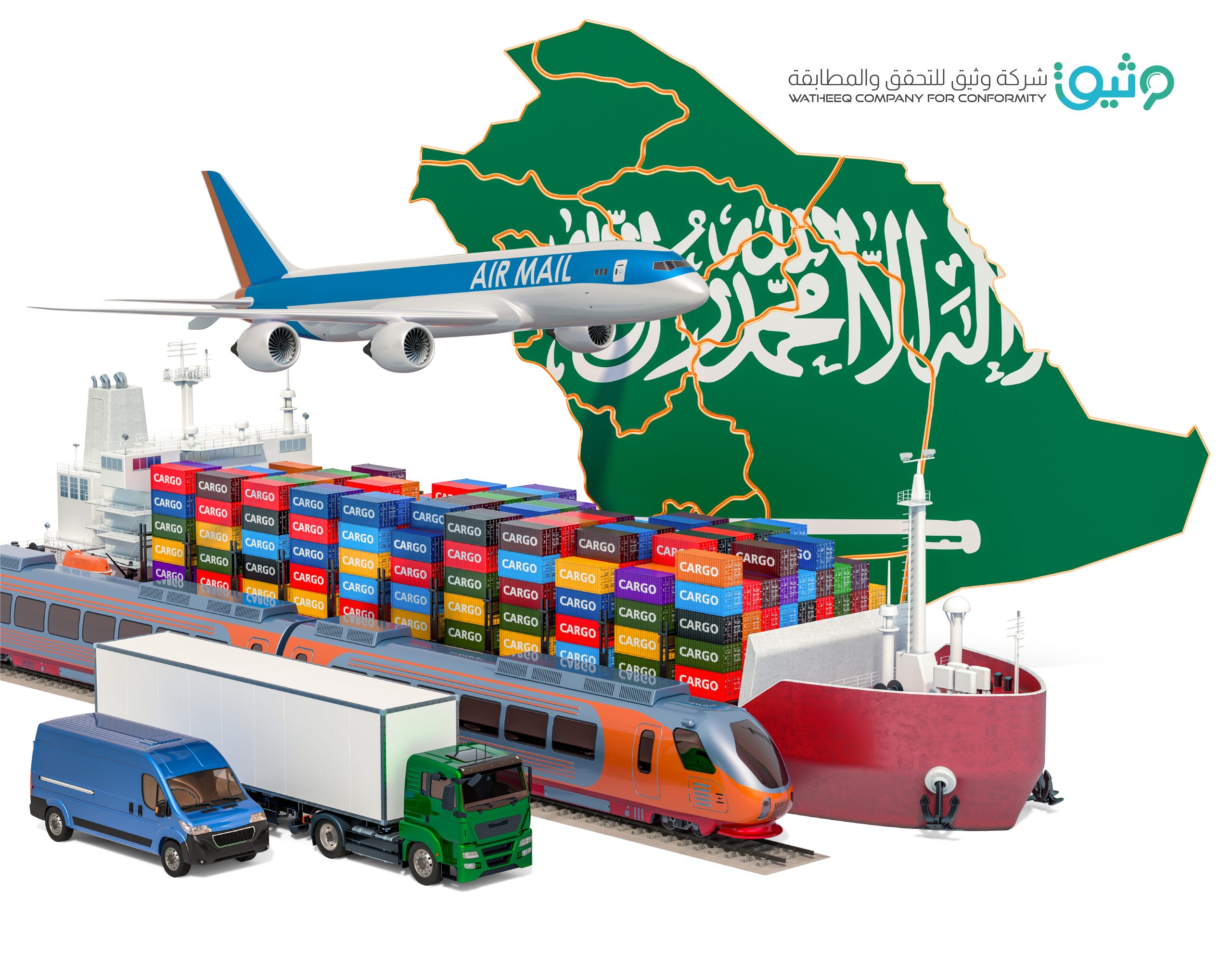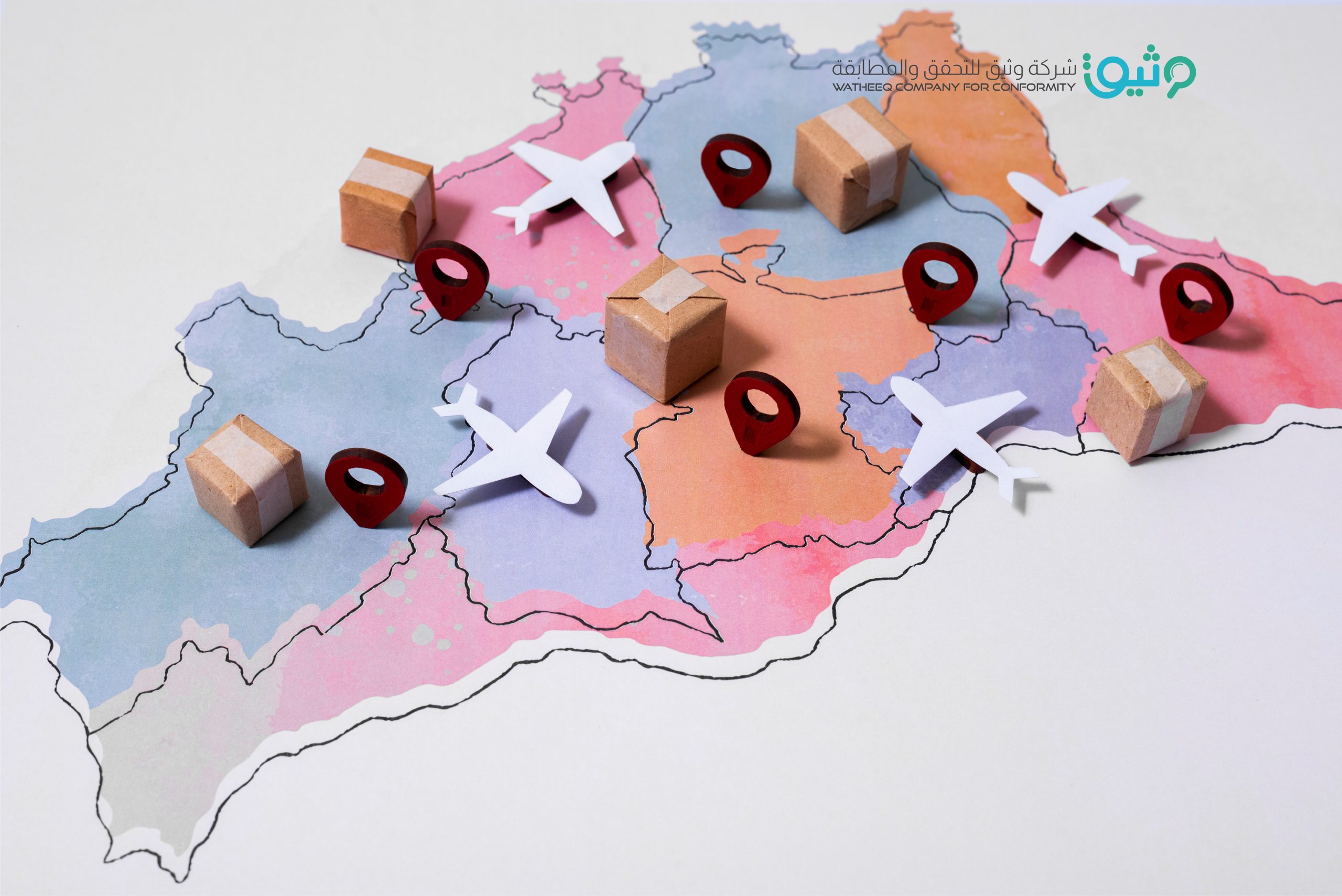Product Certification for Exporting Goods to Saudi Arabia: A Comprehensive Guide
 27 Nov 2024
Articles
27 Nov 2024
Articles
 27 Nov 2024
Articles
27 Nov 2024
Articles


Achieving product certification for exporting goods to Saudi Arabia is not just a regulatory requirement—it’s a vital step toward business growth. By ensuring compliance with SASO’s technical regulations, businesses can unlock opportunities in one of the Middle East’s largest markets.
With Watheeq’s expertise, the certification process becomes seamless and efficient, allowing you to focus on expanding your business. Whether you’re an SME or a multinational exporter, we’re here to guide you every step of the way.
Ready to certify your products for Saudi Arabia? Learn more about our services and take the first step toward successful market entry.
Watheeq ensures your business meets the highest standards. Need certification, inspection, or guidance? We're here to help
Contact Us